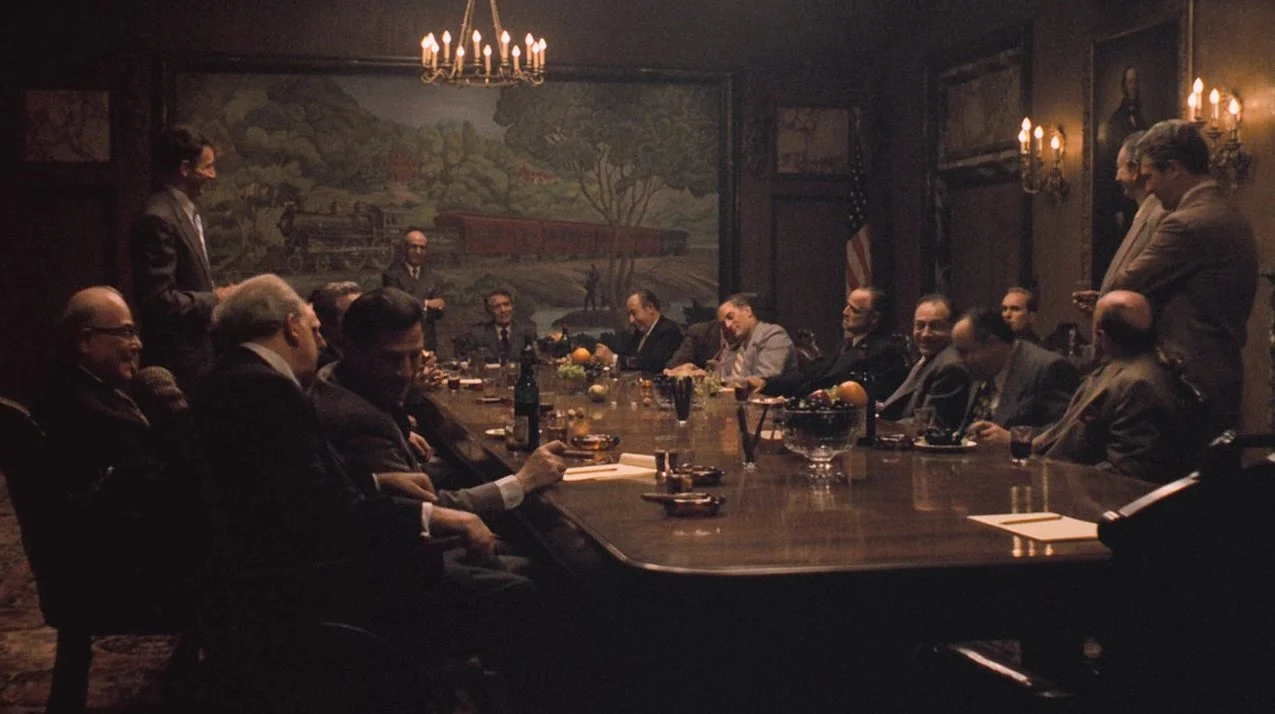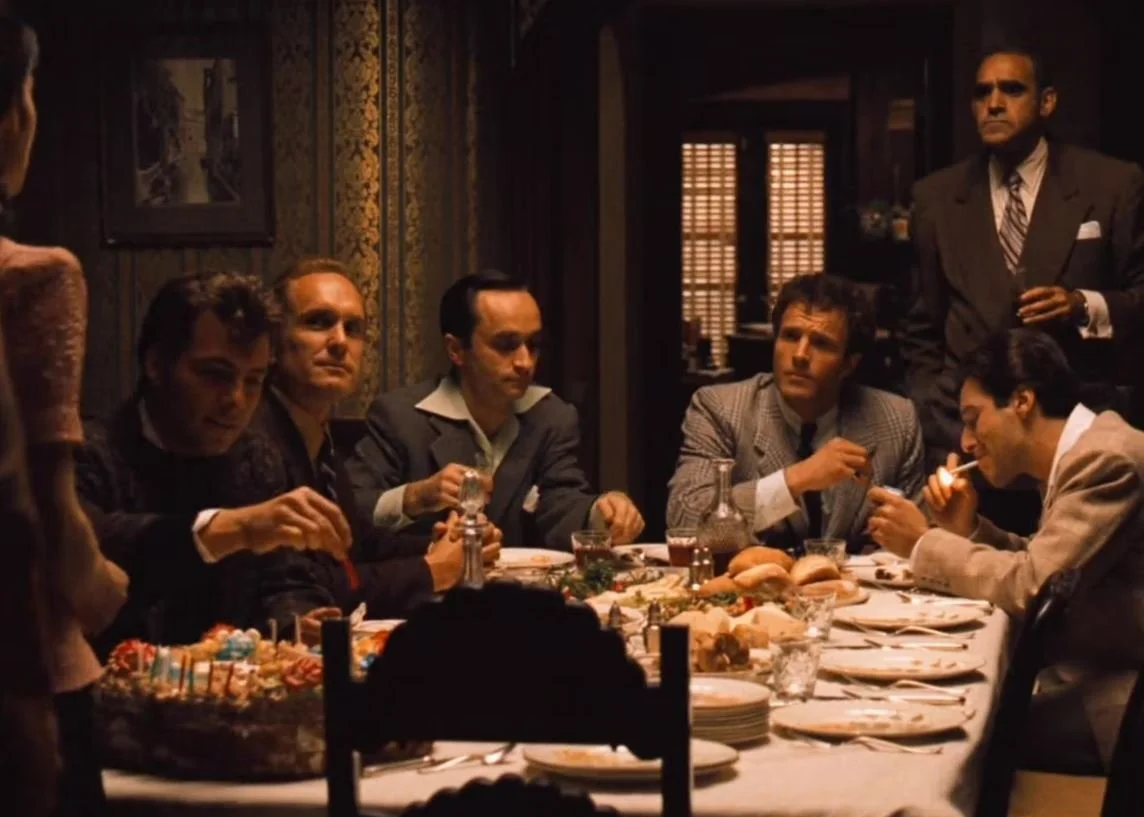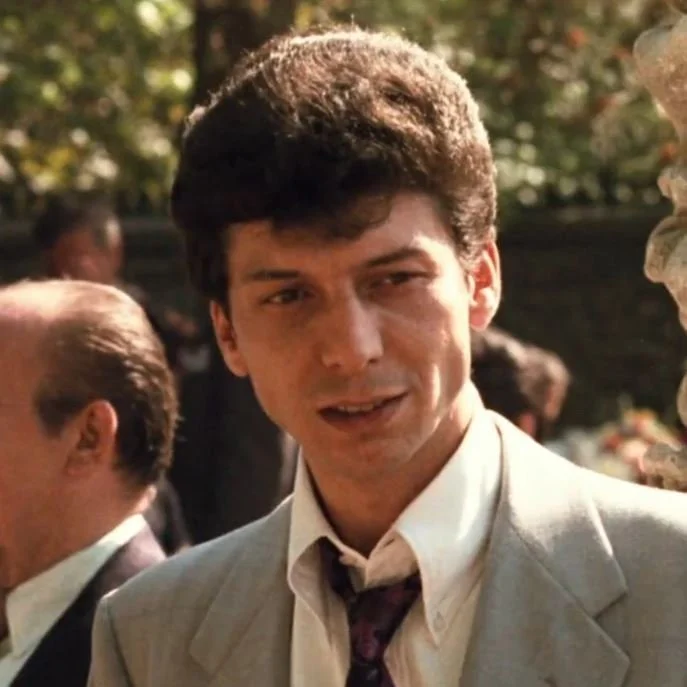The Painstaking Process of Preserving 'The Godfather', and Why The Film Remains an All-Time-Great 50 Years Later
Still from The Godfather, Courtesy of Paramount Pictures
“I believe in America.”
Nowadays, you’d probably hear that line from a politician, or maybe even a soldier. On March 24, 1972, however, those words echoed across theaters all over America, as the opening line of Francis Ford Coppola’s masterwork The Godfather.
A mob drama on the surface, the universally acclaimed adaptation of Mario Puzo’s novel of the same name is really an exploration of the American dream. Through Marlon Brando’s brilliant and iconic portrayal of Don Vito Corleone, we see how far would one man go to achieve it. Through his family, we see how much farther you have to go to keep it.
This year marks the film’s 50th anniversary. Unlike other films released at around the same time, The Godfather continues to be revered and refuses to leave the conversation. Considering that the American dream feels more and more like an old myth and that there is very little left to be said about it, that says a lot.
To mark the occasion, Paramount Pictures has released all three Godfather films on 4K Ultra HD for the first time ever. Speaking to FilmSpeak in an exclusive interview, both the studio’s Senior Vice President of Asset Management Andrea Kalas and expert Film Archivist James Mockoski sat down to discuss what to expect with the newest version of the film and why it’s so important.
“I think what we really strive for was making sure at this 50th anniversary of the first one, that we presented the trilogy in the best possible way for the kind of technology people have for at home now,” Kalas explained.
Still from The Godfather, Courtesy of Paramount Pictures
“[We] added material that’s been found over the last few years,” Mockoski added. However, that doesn’t mean fans should expect any never-before-seen footage with these new versions.
As Kalas clarifies, “We’re talking about the material itself…From the original negative, you can make a dupe. There's all sorts of different elements that are of the same image, you want to get back to the best possible element for every frame. That's what we're talking about. We're just talking about making sure the element is as perfect as possible.”
While the physical disc itself may one day become obsolete or replaced by even better technology, one thing that both Kalas and Mockoski agreed on is the film’s timelessness, as well as the fact that it could very well thrive for another 50 years. When it comes to down the reason for the film’s success however, they don’t think the story or any of the individual characters are what draw the people in. Rather, it’s the way in which Coppola ties them together.
“He didn't want to do this film in originally,” Mockoski said. “This was not something of interest. The book was popular, but it was not a film that he was necessarily focused on, or something that he thought he would bring his vision to. [However] he found himself needing this work, and eventually he found what he wanted to do…the stars aligned for Francis and this one.”
“He understood it in a very profound way that we keep learning from every time we watch it,” Kalas added.
Johnny Martino as Paulie in The Godfather, Courtesy of Paramount Pictures
In addition to speaking with Kalas and Mockoski about their experience with the film today, FilmSpeak was also fortunate enough to speak with actor Johnny Martino about his experience back then. For those who may not recall, Martino played Paulie in the first film. Were it not for his death, we might have never gotten that infamous “cannoli” quote.
Funny enough, Martino had no idea if the film would be a hit or not. To him, it was just an honest day’s work for an honest day’s pay. When he went to the film’s premiere in New York City, however, that’s when he knew he was a part of something special.
“Every famous person from Hollywood was there [and] everyone stood up and applauded,” he said, adding that the experience was “overwhelming.” Never in a million years did he think the hype would last 50 years though.
“I'm in a video game. Who knew they were gonna come up with a video game?” he said.
With the 4K set being re-released this week, it’s probably easier to assume that new(er) technology is what continues to introduce the film to newer generations. But one thing Kalas, Mockoski, and Martino all agree on is that the film’s connection boils down to just one thing: belief.



